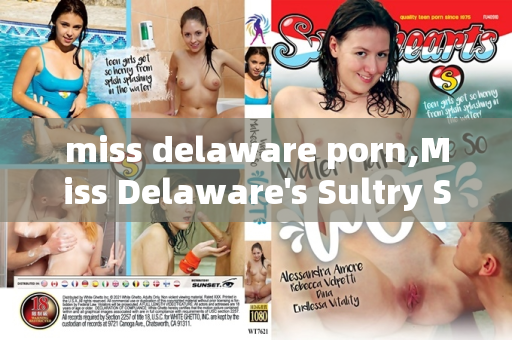
Mia Khalifa, a name that has become synonymous with controversy and discussion in the realms of social media, adult entertainment, and beyond, has recently found herself at the center of another scandal. This time, the topic revolves around the leaking of her content from OnlyFans, a subscription-based platform that allows creators to share exclusive content with their followers. The incident has sparked a flurry of conversations online, raising questions about privacy, consent, and the implications of sharing intimate content in the digital age.
OnlyFans has gained immense popularity over the past few years, especially among adult film stars and influencers. It provides a space for creators to connect directly with their audience and monetize their content through subscriptions. However, the platform is not without its risks. The leaked content of Mia Khalifa highlights the vulnerabilities that come with sharing personal material online. Many users of the platform, including Khalifa, often face the potential for their private moments to be exposed without their consent, leading to significant personal and professional repercussions.
The fallout from the leak has been significant, with Mia Khalifa taking to social media to express her outrage and disappointment. She has long been an advocate for the rights of performers in the adult industry, and this incident underscores the ongoing challenges they face regarding consent and the control of their own images. Khalifa's experience resonates with many who have encountered similar situations, creating a broader dialogue about the ethics of sharing intimate content and the responsibility of both creators and consumers in the digital landscape.
Moreover, the incident raises important questions about the role of platforms like OnlyFans in protecting their users. As more creators turn to such platforms to curate their content and build a following, there is an urgent need for stringent measures to protect their privacy and ensure that their material is not misused. The leaky nature of digital content poses a challenge not only to individual creators but also to the reputation and reliability of platforms that host their work.
In the wake of the leak, Khalifa has reiterated her commitment to reclaiming her narrative and advocating for better protections for all content creators. She has become a voice for many in the industry who are striving for more control over their images and the stories they tell. This incident serves as a stark reminder of the precarious nature of online content and the need for ongoing discussions about consent, privacy rights, and the responsibilities of social media platforms in safeguarding their users.
As the dust settles from this latest controversy, it is clear that Mia Khalifa's story is far from over. The leak of her OnlyFans content may have ignited a firestorm of debate, but it also presents an opportunity for meaningful change in the way we approach the consumption and sharing of intimate content online. For creators navigating this complex landscape, it is essential to prioritize their safety, well-being, and autonomy, ensuring that they can continue to express themselves freely without the fear of their personal lives being laid bare for the world to see.









